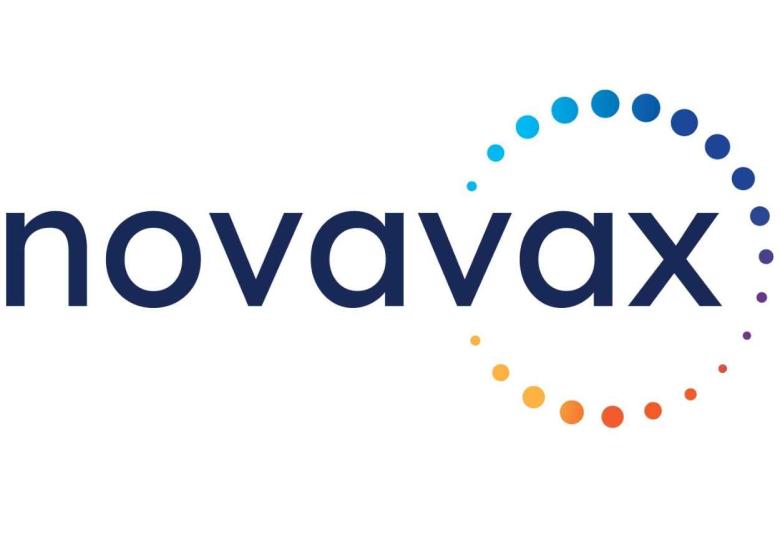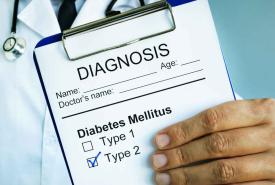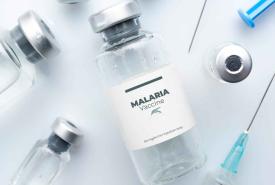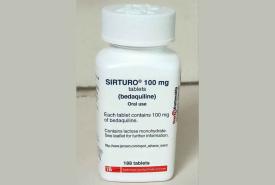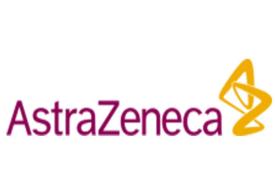Updated Novavax COVID-19 vaccine approved in the U.S.
Novavax, Inc a global company advancing protein-based vaccines with its novel Matrix-M™ adjuvant, today announced that the Novavax COVID-19 Vaccine, Adjuvanted (2023-2024 Formula) (NVX-CoV2601) has received Emergency Use Authorization (EUA) from the U.S. Food and Drug Administration (FDA) for active immunization to prevent COVID-19 in individuals aged 12 and older. Immediately upon authorization, Novavax's vaccine has also been included in the recommendations issued by the U.S. Centers for Disease Control and Prevention (CDC) on September 12, 2023.


